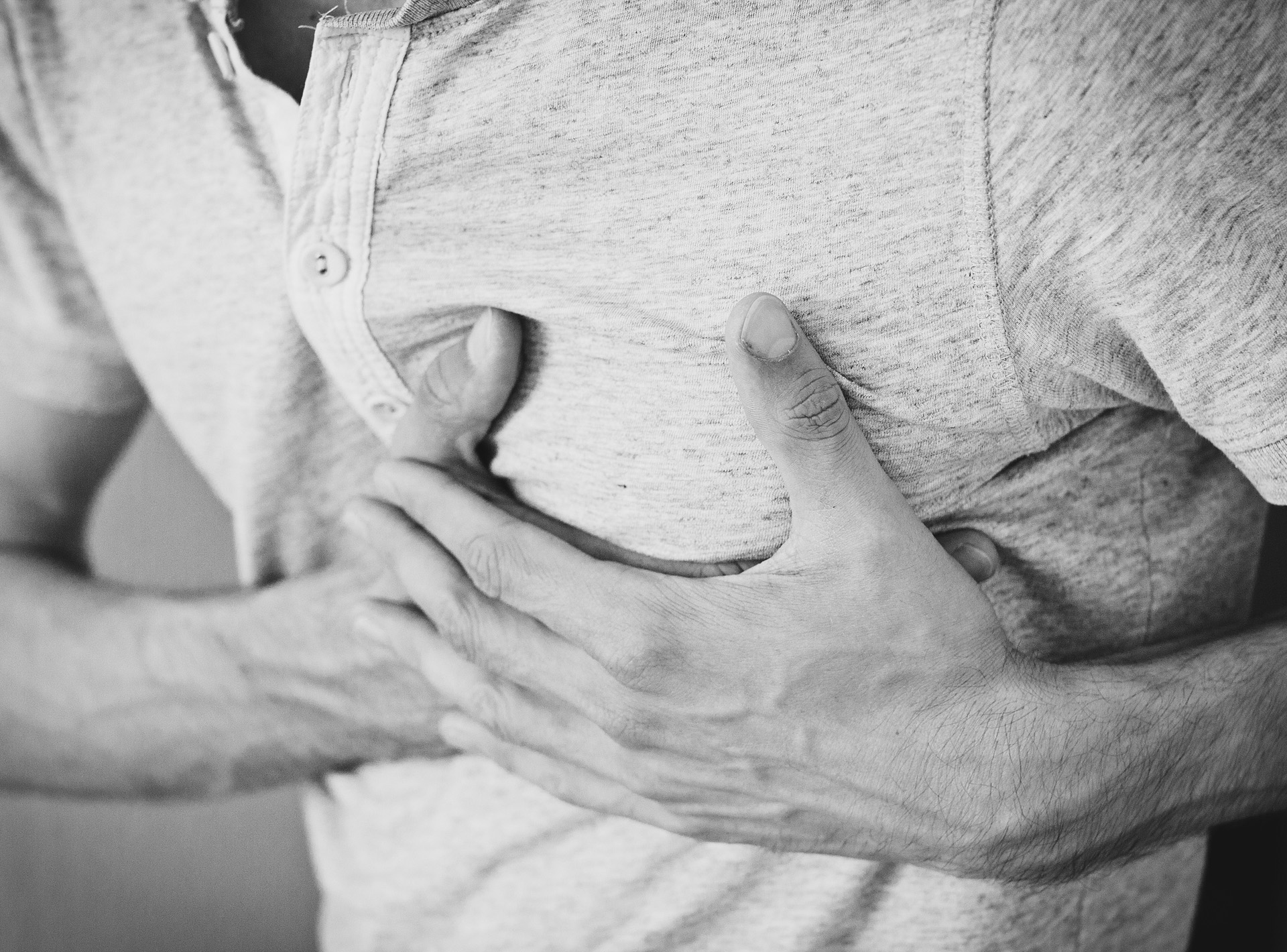 Excessive fatigue, feelings of demoralization, and increased irritability can increase your chances of a heart attack, international research found.
Excessive fatigue, feelings of demoralization, and increased irritability can increase your chances of a heart attack, international research found.
Men experiencing vital exhaustion are almost 3 times more likely to have a heart attack, compared to healthy men. This was one of the key findings of a research study presented at a recent meeting from the European Society of Cardiology.
Vital exhaustion is defined as extreme levels of fatigue, feelings of demoralization, and increased irritability, according to lead author, Dr Dmitriy Panov, from the Institute of Cytology and Genetics, at Novosibirsk, Russian Federation. “It is thought to be a response to intractable problems in people’s lives, particularly when they are unable to adapt to prolonged exposure to psychological stressors,” he said in a press release.
About the study
To assess the relationship between vital exhaustion and increased risk of myocardial infarction, researchers observed a group of males without cardiovascular diseases, who were taking part of the WHO program «Multinational Monitoring of Trends and Determinants of Cardiovascular Disease – Optional Psychosocial Sybstudy» (MONICA-MOPSY) in 1994. The MONICA-MOPSY study was a longitudinal study established in 1994-1995, which focused on a representative sample of residents aged 25–64 years living in Novosibirsk, a city in the Siberian region of Russia. The MONICA-MOPSY study was led by Prof Valery Gafarov, head of the laboratory of cardiovascular diseases epidemiology, based at the Institute of Internal Medicine Research, in Novosibirsk.
His team explored the effect of vital exhaustion assessed at the baseline on the incidence of a myocardial infarction over a period of 14 years. Their findings showed that 67% of participants experienced vital exhaustion at a high or moderate level and men in this group had a 2.7-fold greater risk of a heart attack within five years. Further along in time, the risk of a heart attack decreased slightly, but remained high. Over a period of 10 and 14 years, men with high or moderate level of vital exhaustion had nearly 2-fold increased risk of a heart attack, compared to men with low levels of vital exhaustion.
The study also found certain social factors that increased the risk of a heart attack even further. For example, among the studied group with high and moderate vital exhaustion, being alone significantly increased their risk of a heart attack. For example, men who never married had a 3.7-fold greater risk of a heart attack, whereas those who divorced or widowed had a 4.7 or 7.0-fold greater risk.
These findings are in line with previous work by this research team. “Living alone indicates less social support, which we know from our prior studies is an independent risk factor for myocardial infarction and stroke,” Dr Panov said in the press release.
Implications in health care
The findings of this study raise a red flag for virtually any man exhibiting symptoms of vital exhaustion. GPs and other health care providers looking after adult males should keep a close track of symptoms related to vital exhaustion, as well as monitoring known risk factors, such as hypercholesterolemia, hypertension, diabetes and tobacco use.
Overall, the findings of this new study also hint at the need to evaluate how social factors may influence heart health. “The relationship of exhaustion with threatening cardiovascular events should be taken into account when assessing risk,” Dr Panov said in the press release.
“Efforts to improve well-being and reduce stress at home and at work can help reduce vital exhaustion. Involvement in community groups is one way to increase social support and become less vulnerable to stress. Together with a healthy lifestyle, these measures should be beneficial for heart health,” he added.
However, the findings do not necessarily mean that living with someone will help you avoid a heart attack. “These findings don’t mean that not living alone is a protective factor for MI and fatal CHD. The effects of protective factors such as social support, and others such as psychological resilience, on MI and fatal CHD need to be investigated in long-term studies before any firm conclusions can be drawn,” said Craig Harms, a Lecturer from Edith Cowan University, in Perth.
But, according to Dr Panov, the independent influence of psychosocial factors on cardiovascular risk is well established, and is backed by multiple studies by his own team and others.

